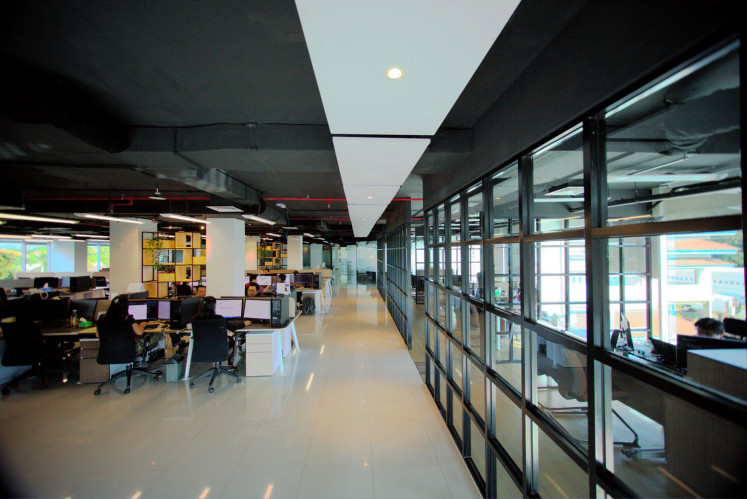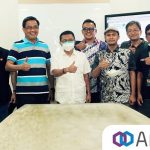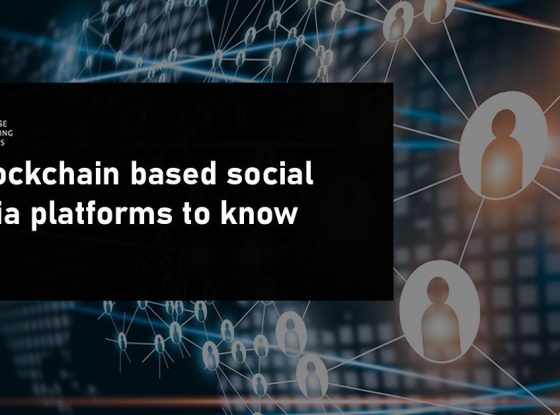Hitachi Energy takes on the energy transition in Indonesia

Hitachi Energy, formerly known as Hitachi ABB Power Grids, is advancing the nation’s sustainable energy future as the company has evolved and is championing the urgency of the clean energy transition. Michel Burtin, President Director of PT Hitachi Sakti Energy Indonesia, has highlighted the energy transition and the right strategy to accelerate the adoption of green energies, all the while staying true to the company’s mission from when it arrived in Indonesia more than three decades ago.
Indonesia is the largest economy and energy user in Southeast Asia. As the country has set a goal for carbon neutrality by 2060, it will need to intensify its efforts to achieve large-scale renewable energy integration.
“How can we do that and how fast? Well, there are several aspects to be considered here,” Michel said, expressing optimism that in 2022 the country would bounce back and the energy transition would accelerate. With the combination of the government’s support in setting appropriate policies and incentives for renewable energy, a significant amount of investment to strengthen the grid system, and essential education for the country’s youth, Michel said Indonesia could achieve its carbon-neutral goal.
Expanding the nation’s grid capacity

R&D Center in Bali, employs around 50 local engineers to serve market locally and globally. (./.) | from : thejakartapost.com
Hitachi Energy aims to help build a stronger, smarter and greener grid in the country, integrating a more complex one along with the evolving trend of renewable energy over fossil fuel and the increasingly blurred lines between producers and consumers.
“Most of the grids were designed decades ago, and nowadays they need to be more flexible, efficient, and reliable to support the forthcoming energy demand and supply, as well as the related grid complexity,” Michel explained.
As Indonesia’s electricity demand has increased by 4 percent since last year, Michel mentioned that the rapid growth in variable power generation brings a host of challenges. Indonesia needs to tackle the complexity arising from a greater number of widely distributed and less predictable power generation sites, along with the need to significantly update and expand the grid capacity with a high level of digitalization. The change is also necessary to accommodate the rapid growth in electricity demand from the transportation, industry, and building sectors.
“Electricity is the backbone of the entire energy system,” Michel explained. “All market sectors will significantly grow in electrification. E-Mobility, industrial process conversion, and heating are key drivers.”
As one of the world’s leading technology providers, Hitachi Energy in Indonesia is committed to helping the country with the integration of renewable and intermittent energies, such as solar power and wind energy, into the grid system, as well as providing pioneering technologies, such as Digital Substations, Advanced Energy Management Systems, Flexible Alternating Current Transmission Systems (FACTS) to help the country address power quality issues in the transmission and distribution networks, as well as High Voltage Direct Current (HVDC) systems to interconnect the different grids over the archipelago.
To help stabilize and secure the nation’s power supply system, Hitachi Energy in Indonesia has been involved in several energy-transition projects, such as deploying Grid Edge solutions across the country, including the first and largest microgrid facility of a mining company in Bontang. The company has also collaborated with the state utility company, PLN, to provide smart grid solutions to deliver reliable electricity in Semau, near Kupang, in East Nusa Tenggara. Since 2019, the company’s grid integration solution has helped to connect a geothermal power plant near Rantau Dedap, in a remote highland part of South Sumatra, far from the island’s main transmission system, providing 220 megawatts of carbon-free electricity to the nearby village. Recently, the company was also involved in another PLN’s smart grid pilot project on Selayar Island.
“Our Grid Edge solutions provide high reliability of electricity supply, integrating renewable energy sources and Battery Energy Storage (BESS),” said Michel. “It is a particularly suitable solution for Indonesia, with many remote geographical areas that are not connected to the main grid.”
Incentives to accelerate the energy transition
The highly anticipated electricity development plan (RUPTL) 2021-2030 recently issued by the government put a high focus on renewable energy and smart grids. Aligning with its commitment to adopt green energy, the government has also issued policies to speed up the development of its EV sector. Michel hopes that the government will provide more attractive pricing and incentives to further speed up the implementation of renewable energy projects.
“A facilitating policy and regulatory framework supported by the right financing and business models can go a long way to speed up the energy transition,” he added. “We have the technologies and know-how capabilities to make that happen.”
Giving back to the community
Besides providing solutions to support Indonesia’s energy infrastructure and helping the country achieve a carbon-neutral target, Hitachi Energy is also committed to nurturing local talent. The company has an R&D Center in Bali that develops enterprise software developed and maintained by local engineers. Michel explained that the Center was aligned with the government’s plan to increase technical skills in the younger generation.
Additionally, he mentioned that the company was recruiting the best talent among Indonesian youth and was committed to training them in emerging technologies, particularly in energy management and digitalization.
“It all comes down to people. People are assets,” Michel concluded. “In this period of the energy transition, a sound energy infrastructure development plan and the right incentives need to be supported by strong human resource development. I am optimistic that we are on the right track.”
Source : thejakartapost.com



